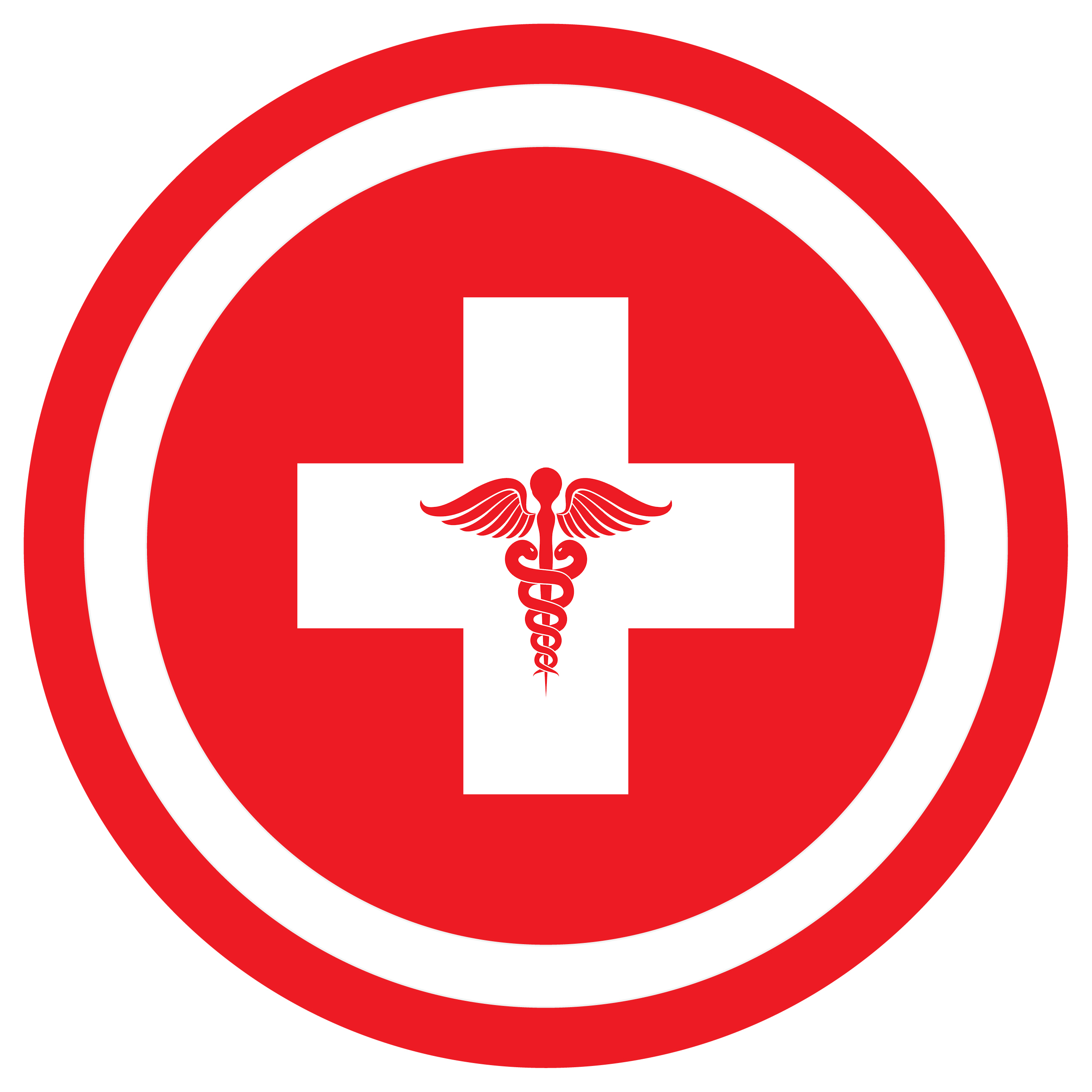 What You Need to Know
What You Need to Know
An outbreak of respiratory illness caused by a novel coronavirus (COVID-19) has been identified starting in Wuhan, China. Some patients have had mild illness, while others have been more severe and some have died. Although coronaviruses are a group of viruses that aren't new, this is a new type of coronavirus and we are still learning about it. However, the health risk to the general public in California remains low, according to the
California Department of Public Health. The department is updating its COVID-19 page daily, and the department is the source of content contained in this communication. While COVID-19 has a high transmission rate, it has a low mortality rate. From the international data we have, of those who have tested positive for COVID-19, approximately 80 percent do not exhibit symptoms that would require hospitalization.
What are the symptoms of COVID-19?
Typically, human coronaviruses cause mild-to-moderate respiratory illness. Symptoms are very similar to the flu, including fever, cough and shortness of breath. In some cases, COVID-19 can cause more severe respiratory illness.
What is the treatment for COVID-19?
Most people with illnesses due to common coronavirus infections recover on their own; there are no specific treatments for coronavirus infections. For patients who are more severely ill, hospitals can provide supportive care. We are continuing to learn more about this novel coronavirus and treatment may change over time.
How is it decided whether a person with a confirmed case of COVID-19 can self-isolate at home or must be confined to a hospital or elsewhere?
Local health departments are working in partnership with the California Department of Public Health and the CDC, and making determinations on whether a person ill with COVID-19 requires hospitalization or if home isolation is appropriate. That decision may be based on multiple factors including severity of illness, need for testing, and appropriateness of home for isolation purposes.
What can the public do to limit the spread of COVID-19?
The California Department of Public Health recommends the following steps to prevent the spread of all respiratory viruses:
- Washing hands with soap and water.
- Avoiding touching eyes, nose or mouth with unwashed hands.
- Avoiding close contact with people who are sick are all ways to reduce the risk of infection with a number of different viruses.
- Staying away from work, school or other people if you become sick with respiratory symptoms like fever and cough.
What is the difference between COVID-19 and other coronaviruses?
Coronaviruses are a large family of viruses. There are some coronaviruses that commonly circulate in humans. These viruses cause mild to moderate respiratory illness, although rarely they can cause severe disease. These normal human coronaviruses can be identified with widely available laboratory tests. Those laboratory tests do not identify the novel coronavirus associated with COVID-19. It is closely related to two other animal coronaviruses that have caused outbreaks in people—the SARS coronavirus and the MERS (middle east respiratory syndrome) coronavirus.
Is California able to test for COVID-19?
The California Department of Public Health announced on February 28, 2020, that new CDC test kits used to detect Coronavirus Disease 2019 (COVID-19) now available in California can be used to do diagnostic testing in the community. California will immediately receive an additional shipment of kits to test up to 1,200 people. This means California public health officials will get test results sooner, so that any patients will get the best care.
Should public events be cancelled?
The California Department of Public Health is not recommending the cancellation of public events. There is no evidence of sustained person-to-person transmission of the virus in in the United States. The health risk from COVID-19 to the general public remains low at this time.
What if I have symptoms?
Patient: If a person develops symptoms of COVID-19 including fever, cough or shortness of breath, and has reason to believe they may have been exposed, they should call their health care provider or local health department before seeking care. Contacting them in advance will make sure that people can get the care they need without putting others at risk. Please be sure to tell your health care provider about your travel history. You can also take the following precautionary measures: avoid contact with sick individuals, wash hands often with soap and warm water for at least 20 seconds, and get a flu shot.
Health Care Provider: Patients who may have infection with this novel coronavirus should wear a surgical mask and be placed in an airborne infection isolation room. If an airborne infection isolation room is not available, the patient should be placed in a private room with the door closed. Health care providers should use standard, contact and airborne precautions and use eye protection. Please see "Update and Interim Guidance on Outbreak of 2019 Novel Coronavirus (2019-nCoV) in Wuhan, China" for more information about infection control. The Public Health Department will issue All Facility Letters to regulated healthcare facilities within California with updated information and guidance; these can be found on the
AFL webpage.
